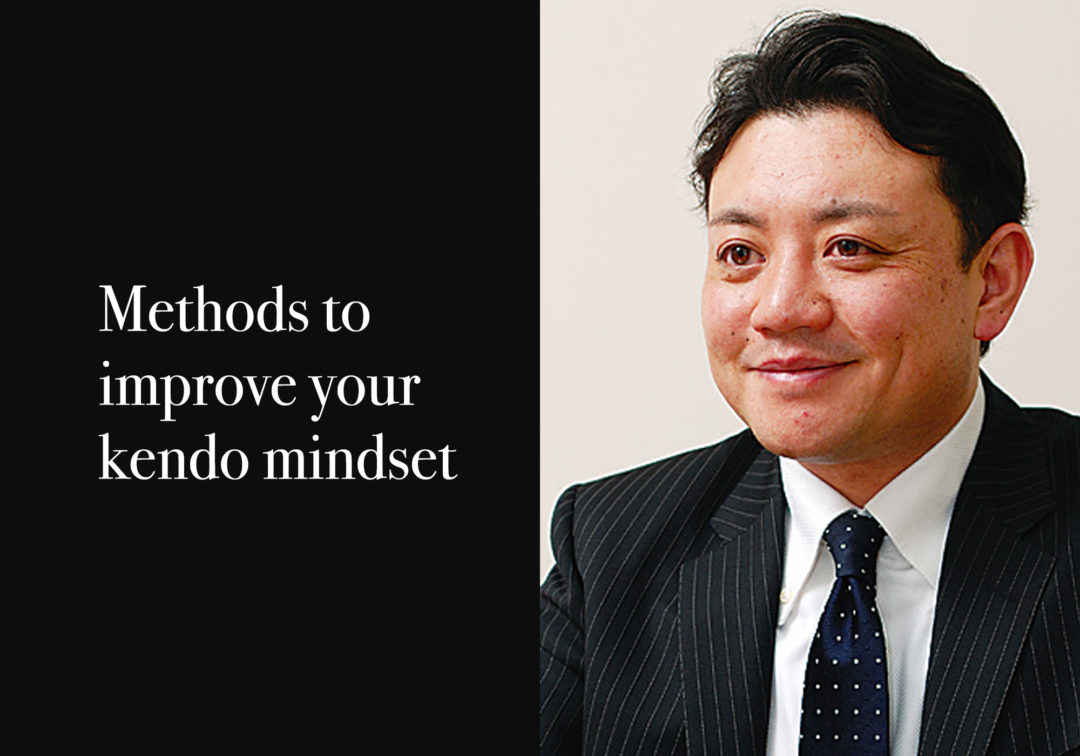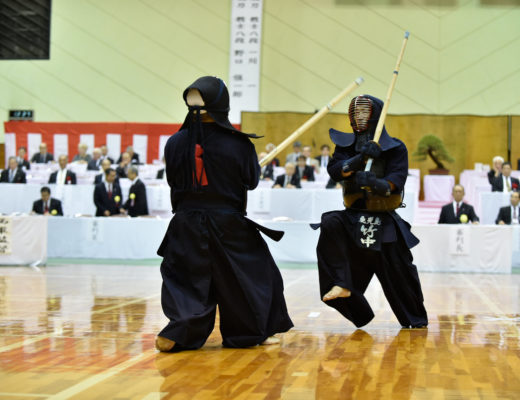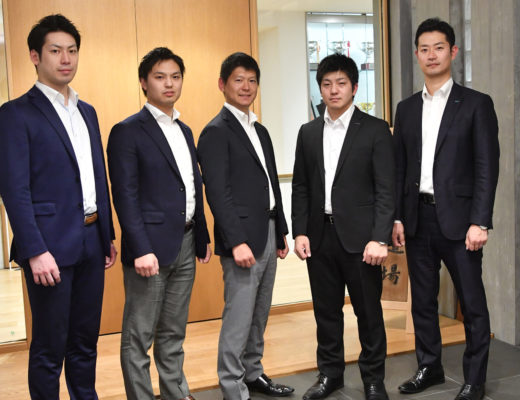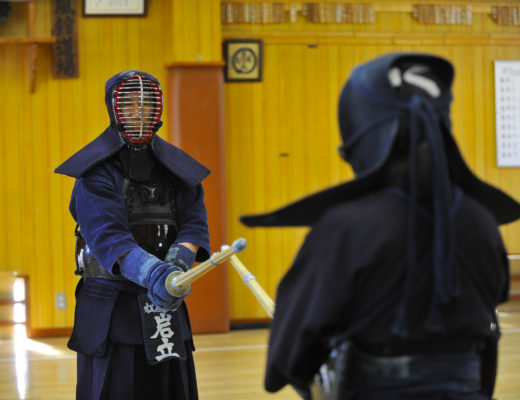We always live among invisible things. We know that there is gravity, magnetic force, and buoyancy but we can’t see it. Similarly, our souls do not usually appear in shape. Even if a person recognizes that there is something invisible, he wouldn’t think about utilising it. However, it is well known that invisible things can have a big impact on results and performance, also in the case of shiai and dan gradings.
Psychology is the study of knowing what is invisible, and applied psychology such as sports psychology and exercise psychology are academic fields that further explore how to use what you know according to the situation. If you can make better use of these invisible things, you will be able to do things that you couldn’t do before and you will be able to accomplish your tasks more smoothly and efficiently.
The famous swordsmen throughout history have not only acquired sword skills in the course of their training, but also became aware of the importance of the mind, and have been working hard every day with the aim of acquiring unwavering heart in actual battles. It keeps surprising me that their efforts are so consistent with the theory and methodology of modern psychology.
What I was aiming for in this writing was not just to show the knowledge and topic of difficult psychological research, but also to point out what different generations of swordsmen and athletes have been feeling, thinking and doing in their daily lives while being as specific and as easy-to-understand as possible based on psychological theory and methodology. Each article is based on developing a story that links a psychological theme with kendo and everyday situations. Even if you end up keeping in mind only one of these phrases, it will be a great pleasure for me as an author if that becomes the foundation of your kendo tomorrow.
Yano Hiromitsu, Ph.D.
Born in Yuzawa City, Akita Prefecture in 1968.
Graduated from Tokai University’s Faculty of Physical Education in kendo followed by the Tokai University Graduate School of Physical Education (Sports Psychology). Graduated from Nagoya University Graduate School of Education and Development Science (Psychology). Ph.D.(Psychology).
Currently a professor at the Kochi University Department of Education. As a sports psychology specialist, he worked on support for various competitions and at the same time directed the Kendo Club at Kochi university. He is also active internationally, including the position of Swedish National Kendo Team Director (2006). He has consistently developed research activities focusing on the connection between mind and body. Participated in the All Japan East-West Kendo Tournament receiving the Excellent Match Award. Kendo 7th Dan Kyoshi.
Has it been 10 minutes yet?
The modern office worker is busy every day with results. Under such circumstances, the problem of that office worker swordsman is that he doesn’t have time.
As dan examination approaches, desire to practice and not having time is making him nervous. And while having this trouble, he might skip keiko because he didn’t have time that day.
At the end of the day, kendo runs through his head. Frustrated and not having been able to work much he decides to have one drink which quickly turns into a lot more drinks …
The rest of this article is only available for Kendo Jidai International subscribers!





